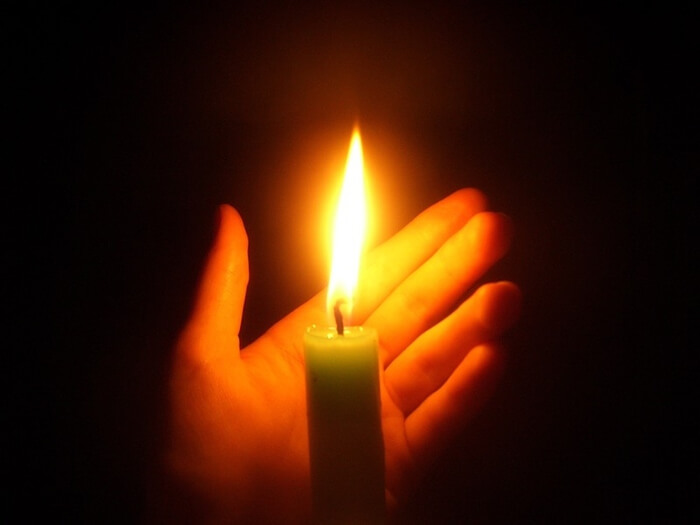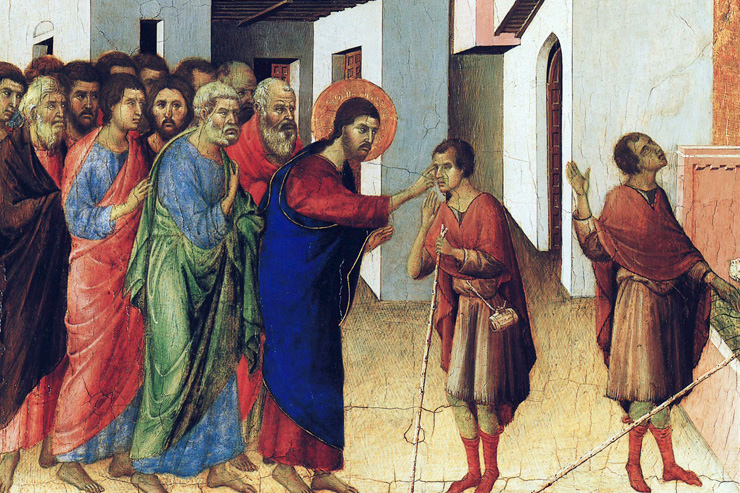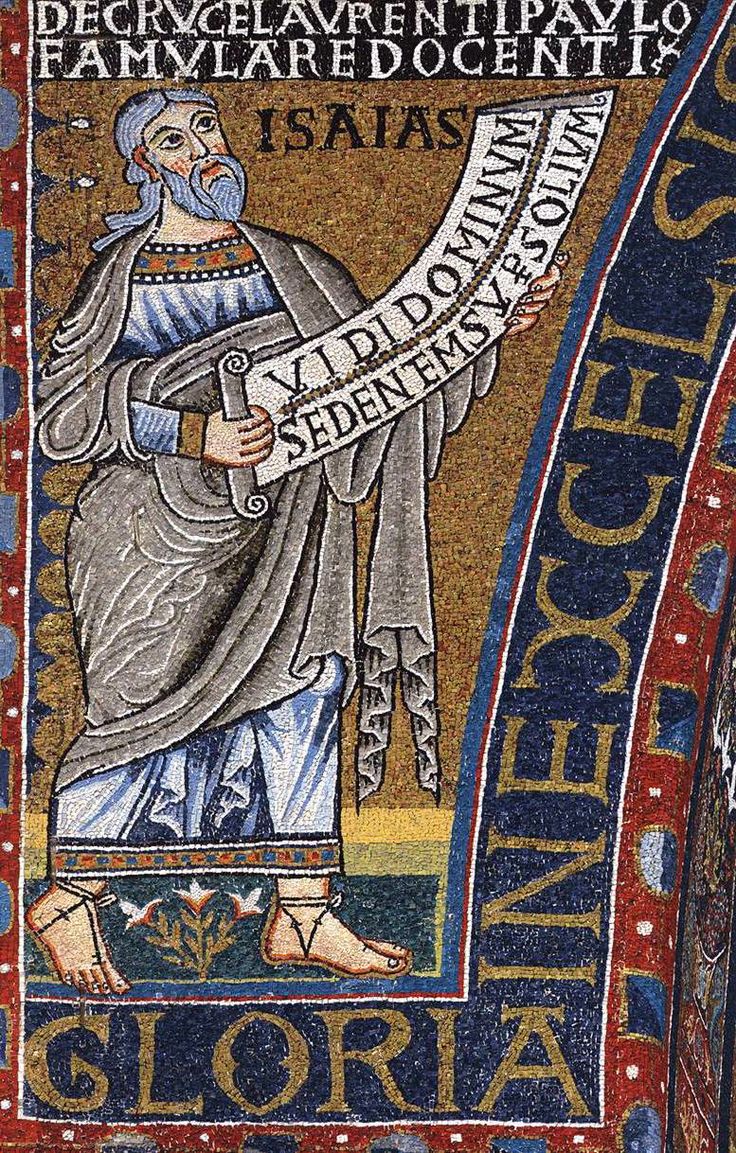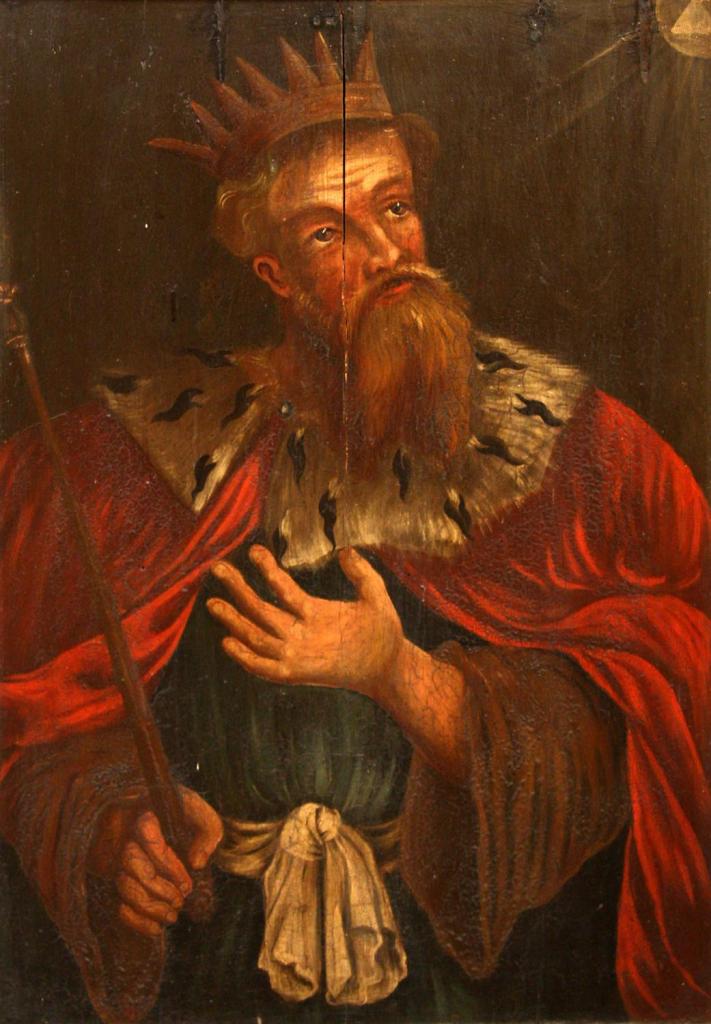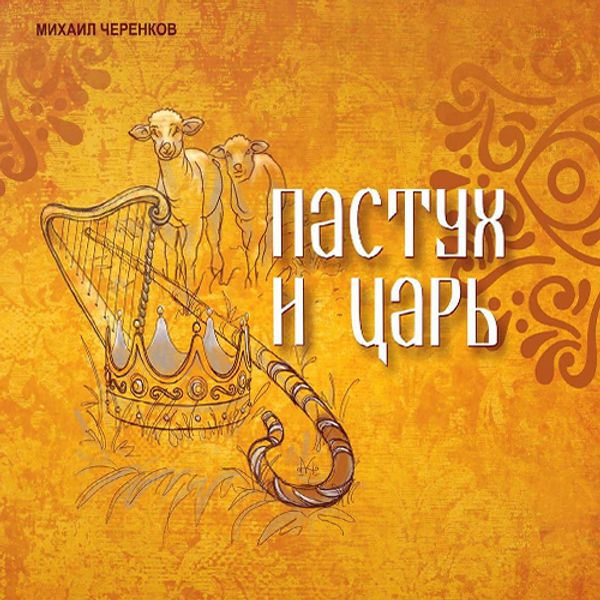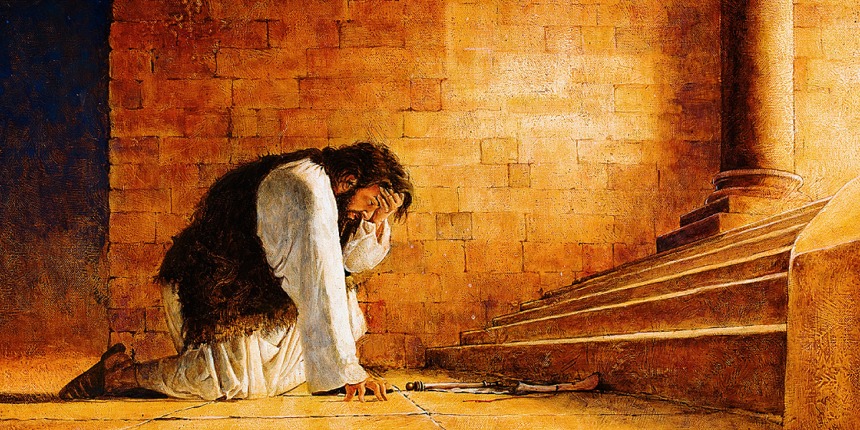![Follow Me. Three-in-One Calling]()
If you would
ask me about my favorite topic, I will answer that this is a topic of vocation,
calling and the journey as a way and process of following this calling.
My girls
love stories like The Chronicles of Narnia and The Lord of the rings. Why do
they love these stories? Because they love to think and dream about their own
journey.
After all,
this is a story of us having an unexpected journey and finding ourselves doing
and saying things unexpected.
I grew up in
a small and boring industrial city in the USSR and all my childhood I dreamed
of an adventure such as this. Then I discovered that the most interesting and
promising story is the story of my journey with Jesus. All other stories are
just illustrations of this one. So read John Ronald Tolkien and CS Lewis and
read the Bible as original stories.
Let me quote
my good friend Pastor Jason Dorsey: “Your calling probably won’t be glamorous.
But it will be epic, like a quest. A quest is different than an adventure. A person
returns from an adventure, but one does not return from a quest. If he does
return, he returns changed forever, like Frodo in Tolkien’s Lord of the
Rings. Frodo lived in the Shire. It was
his world, very small, very parochial. He did not have the full picture of the
darkening realities encroaching. But he accepted his calling as the ring-bearer
and he was changed by the quest he went on. Even though he was very small, he
was used in a mighty way to deliver Middle Earth from the curse of Sauron. You too
have a small but important part to play in a quest. Do not feel your small part
is insignificant. The elf lord Elrond remarks that it is often seemingly
insignificant deeds and people who change the course of history: “Such is oft
the course of deeds that move the wheels of the world: small hands do them
because they must, while the eyes of the great are elsewhere.” God invites you
into a quest that will change you forever, more epic than you could have ever
dreamed—living your life as a name bearer in the all roles that encircle you.
Great sacrifices and real costs come with this quest, but it is worth it. With
the help of the Holy Spirit, step into your calling boldly. Reject passivity.
Accept the responsibility that encircles you.”
So, let’s
start with God’s invitation. “Come, follow Me,” Jesus said, “and I will make
you fishers of men.” (Matt. 4:19)
As I reflect
on calling, I find it three-fold, that is, three in one. First, it’s a calling
to commit ourselves to God, be born from above, follow Him and be like Him.
Second, it’s a calling to become part of His church and His mission. Third,
it’s a calling to serve Him with our special gifts and talents to transform the
world around us. In reality, these three callings are simply parts of God’s
calling for us. God not only saves us, but He also invites us to be His people.
Not only does He bring us into the Church, but He sends us out into the world
to witness, serve, shine, and transform.
I won’t say
anything new. I only want to connect these pieces together and remind us about
their organic unity.
My life
consists of these pieces, so my reflections will be more of a testimony. Let me
start from the end along with some general thoughts. To be honest with you, I
used to think more about the last point of the calling- about me personally, my
special role and how I could be saving the world and amazing it with my
talents. Now I think more about the importance of the sequence and how
important it is to start from the beginning.
Without new
life in God and without following Him, we won’t be able to contribute to the
world. Without being part of God’s people and serving His church, we are
homeless and lonely. That’s why it’s so important to be humble in our attempts
to change the world. That’s why it’s so important to be a part of God’s family and
follow His calling without self-will or false heroism.
I know that
younger generations really dream to change the world. Greta Thunberg feels very
confident on the UN podium. She tells everyone off and lectures them. She knows
everything and is not going to study anymore.
We all know
from the history that many attempts to change the world for the better only
damaged it, destroying the remains of at least some kind of order and causing
chaos. Today we risk destroying everything because we don’t want to be bound by
anything. We don’t want to be bound by our roots, our values, our family, or
our church. We have stopped listening to God; rather we spend more time
dreaming about ourselves and our desired image of the world. We have lost sight
of the word “calling.” Is someone really calling us? Do we have to respond?
The selfie
generation has learned to function without any help. We take pictures of
ourselves, we talk to ourselves, we entertain ourselves, and we manage ourselves.
We don’t need a family, we don’t need a church, and we don’t need a college. We
know everything anyways. We are on our own. We are our parents, preachers, and
mentors. We are kings, professors, and gods.
It’s so
scary when people try to change the world but are not willing to change
themselves. It’s so scary when a person wants to be a God or at least a small
god.
This is
exactly what happens today with us and our world…
…when
capricious children or equally immature adults try to appropriate this world
and “transform” it.
… when whole
nations and generations become victims of propaganda and manipulation,
weak-willed puppets and submissive marching crowds…
I want to
stop here to stay within the confines of so-called political correctness. I
want to bring our conversation back into the Christian context. What should
everything start with? …if it is to be done the right way, that is, a Christian
way?
The FIRST
calling is to give our lives to God. Everything starts with personal calling.
Christ meets us and calls us, “Follow Me.”
If I miss
this calling and don’t answer this personal invitation, I miss my chance to
live a real life. I won’t even find out what it could have been. Moreover, I
will never be able to help others make this world better. I won’t be here.
Without God and without being obedient to Him I will just not be here.
When I
answer “yes” to Him, that’s when everything begins. Nothing will begin without
the “yes.”
Jesus
invites us to follow Him. What does this invitation mean? What is the essence
of this offer? What consequences will our answer to Jesus’ invitation have?
I thought
about those questions when I was a child. For as long as I can remember, I
always wondered about the meaning of life – both life in general and my
personal life. I talked about it with my neighbors and friends, Christians and
atheists. Almost everyone thought it was strange that I was so puzzled with
that question at such a young age. Yes, that was a young age. I was 10 when I
said YES to the first calling from God.
I remember
how it happened. We were sitting around a bonfire in the dark woods, very far
from cities and roads, from the KGB and police. The trees were groaning with
the wind… and the sky was filled with stars. I thought that there was no better
way to live my life than to give it to God and serve Him. Right before then we
were listening to testimonies from our older friends in the faith who had
suffered and had been deprived of many things for Christ. I knew that my
decision was going to have major consequences.
I used to
live in the Soviet Union where everyone marched together in columns singing the
same songs, glorifying the communist leaders. My family lived very poorly. My
mother was often ill, and my father was regularly fined for participating in
illegal religious activities. I remember when the police came to our apartment
for searches and “conversations.” They dispersed prayer meetings and took my
father to the police station. My dad was jailed for four to five years for his
faith and my mom was expelled from the university she was attending. Therefore,
I could not be part of society; I was in opposition. My parent’s strong example
of faith and the power of prayer helped me find my calling and be true to God. The
children in persecuted Christian families are often mistreated within their
communities and face great challenges because of their faith in Christ. In some
countries, Christian children are specifically targeted for persecution. These
children quickly learn the high cost of following Christ. So did I.
I read the
Bible at a very young age and began to understand my own distinction and
advantage more clearly. I soon realized that I had a special vocation to share
knowledge about God to people who knew nothing about him. I had the opportunity
to be an important witness for God, a storyteller of biblical stories.
At school
everyone was admitted to the October Party and to the Pioneer Party,
organizations of young communists. I did not want to be a part of their society.
Neither my parents nor my church put pressure on me; no, they gave me the right
to choose. When I was rejected by my teachers and other students, I saw God
moving in my life in a very special way. This was my important personal choice:
to go against the stream and follow Jesus, rather than the young communists.
Even back
then I knew that it was not only about salvation and spiritual life. It was
about a totally new life with its various facets, and about radical changes in
everything.
It’s not
only about the pleasant advantages of life with Jesus. It’s about the privilege
to suffer for Christ and work together with Him.
It’s not
only about God and His way. It’s about us and about how we find ourselves and
our calling in following God.
It’s not
only about religion. It’s about the fact that we didn’t start living before we
met God, and it’s only after meeting Him, that life truly begins.
I have made
many mistakes, but I have never regretted my first and most important decision.
I can’t imagine what my life would be without God. Would it be colorless?
Senseless? Hopeless? I don’t even want to think about it.
A few years
went by before I answered the SECOND CALLING from God. I became a member of an
evangelical church and was an active young minister. I had been active before, but
more on my own. Yet after I joined the church I realized I was a part of it.
The first calling was more of an individual one and the second calling connected
me to other believers and made us one as God’s people. Years later I was
ordained as an evangelist. As I mentioned previously, I can’t imagine my life
without God. In the same way, I can’t imagine my life without the church. Also,
I can’t imagine my life without mission. After all, the church exists in
movement – as it represents God and His Kingdom through preaching and serving
people.
I have been
serving alongside an international Christian ministry for 17 years and it fills
me with joy that can’t be compared to anything else. My ministry reaches 14
post-soviet countries and focuses on raising young leaders to develop
innovative and creative mission initiatives. It’s my personal passion to help
young people find their place in ministry, help them discover their gifts, take
first steps in reaching others in practical ways and see the bigger perspective.
We call our program for preparing leaders, School without Walls, which means
that we encourage and train young Christians to go beyond their church and
serve others beyond the church walls. Many of our students start churches with
the same name, Church without Walls.
Today, calls
to follow society are no less powerful. In many countries where Mission Eurasia
works, one can be imprisoned for sharing a link to an online Bible or for
inviting guests to talk about God. Other global challenges are the daily
overload of “urgent” matters and the constant distraction of useless things.
In this age
of omnipresent social networks and digital realities, it is important for each
of us to discern the voice of God and to follow him every moment of our lives,
without wasting our lives on secondary or distracting things. It is not easy,
but it is vital to focus on the most important voice—the voice of God and our
obedience to it. This attracts the attention of society, and society wants you
to renounce your beliefs and values and live like everyone else.
So, we have
to answer this question: shall we follow Jesus and His few, faithful people, or
follow social and cultural mainstream majority? I want to be an agent of change
rather than part of a silent majority. And we train more agents of change in
our SWW
The THIRD
CALLING extends and further develops what we teach in our School without Walls.
Apart from my personal faith and church ministry, I have my professional gift,
my university diploma, job experience, a public name, and status. That means
that God calls us not only “to believe in heart,” “go to church and invite
everyone to join in”, but to also live a fulfilled life in society. He calls us
to express our faith in public starting in our workplace or student’s desk.
Very often I
myself am amazed by my own life. It wasn’t so much me who chose the way to go,
but it seems that I just followed the path with all its twists and turns, ups
and downs. Today, I want to put it this way: don’t think too much about the
choice, or the freedom of choice. Think more about being faithful to your
journey, about how you started it, and how you can go to the end as you trust
Him.
Here is how
it happened in my life. I really wanted to become a theologian but I didn’t
have an opportunity to study theology. So, I decided to pursue what was closest
to theology, and I studied history, philosophy, and culture. After a while, I
felt that my university studies were taking up too much of my time, and that I
was failing my church calling and even losing my faith.
God sent an
angel my way who assured me that those callings were inseparable. Almost every
week I met with a professor from the seminary who would tell me, “I know what
you are going through. You think that you need to make a choice to either serve
God in church or pursue your career at the university. But believe me, they are
parts of the same calling. Study well, acquire knowledge and experience because
the time will come to return it all to God and to His church. The time will
come when you will be needed.”
I doubted,
and sinned, rebelled, and experimented. I was not satisfied with the church and
its conservatism, or with the university and its relativism. Those were hard
years for my soul. I loved philosophy more than theology because it justified
my personal uncertainty. At the time I thought that it was more important to be
smart and radical, rather than kind and faithful. I enjoyed staring into the
abyss. I loved the experience of extreme
borderline states, «the existential attitude», or a sense of
disorientation, confusion, and dread in the face of an apparently meaningless,
absurd world. So, I lived in constant uncertainty, and in a zero gravity of
eternal questions.
However, I
couldn’t live like that, in the state of constant questioning. I had to make up
my mind, and the time came when I reaffirmed my decision for God, Church, and
mission. I realized that it wasn’t only my soul that belonged to God, but my
mind as well. It wasn’t only the church that belonged to God, but the university
as well. In response, I gave God all of me and found the wholeness I so longed
for.
My
professional education, my doctoral degree, and my position as a professor
opened up new opportunities for missions in the education field. Ten years ago
we developed a new mission initiative that we called, Mission in Profession.
Over the past years we have led many forums and seminars for young
professionals helping them to find their mission calling in their field of
profession. Dozens of Christian associations for professionals have emerged in
the fields of education, art, business, journalism, and healthcare.
Today I am
here to say to you: Friends, keep yourselves for the Lord and follow God’s
calling. Give your hearts to God. Give Him also your mind and all your talents.
Serve Him inside and outside the church. Dedicate your poems to Him; present to
Him your money, your dreams, and career. Don’t divide your life – this is for
me and this is for You, God. It’s only when we give God everything without
reserve, that we can see how all pieces of the puzzle come together into one
beautiful picture, and how God’s wonderful plan our lives becomes clearer.
Coming to
the end, I want to go back to the beginning. The church will be boring… the
career will be meaningless… if we don’t answer the first calling, if we don’t
give ourselves fully to God, or if we don’t follow Him obediently. If you have
missed that turn, that pivotal moment, go back there and start from the
beginning in the right order. Jesus is calling us today, “Follow Me.” If you
haven’t started, today is your chance to begin your real life, life according
to His calling. If you did start but stopped, then today is your chance to find
fresh opportunities to continue on your path and reach a new level as you
follow Christ and only Him. It’s only then that we can appreciate the whole
picture of the world and partake in God’s wonderful plan, understanding His
calling and following Him further and higher.



